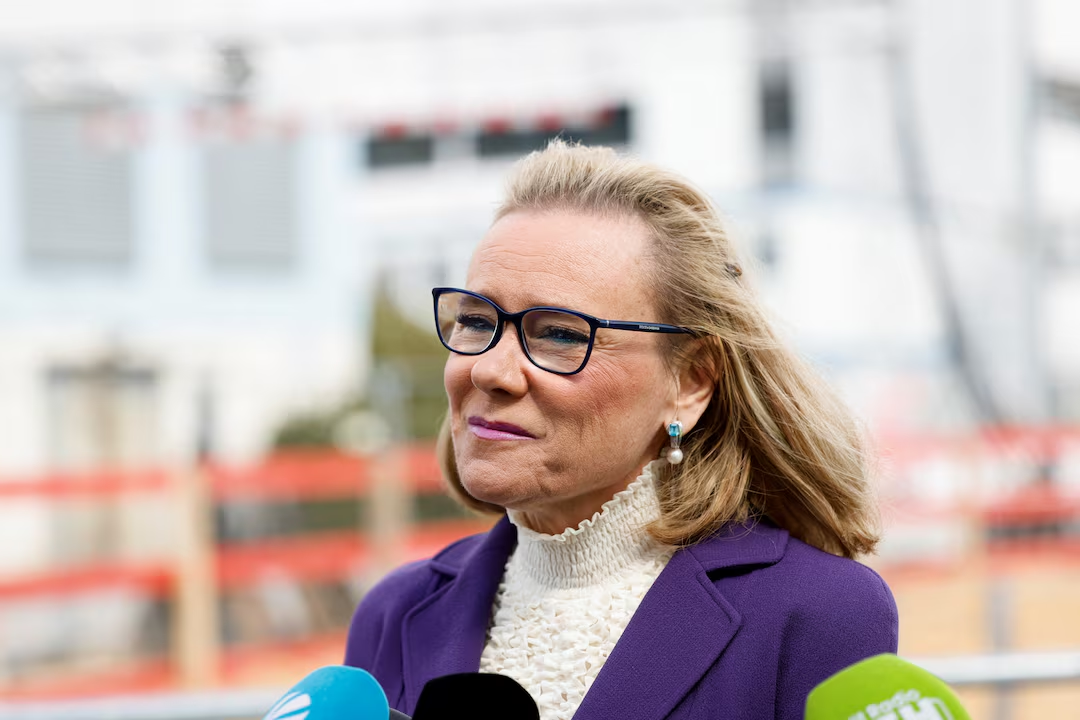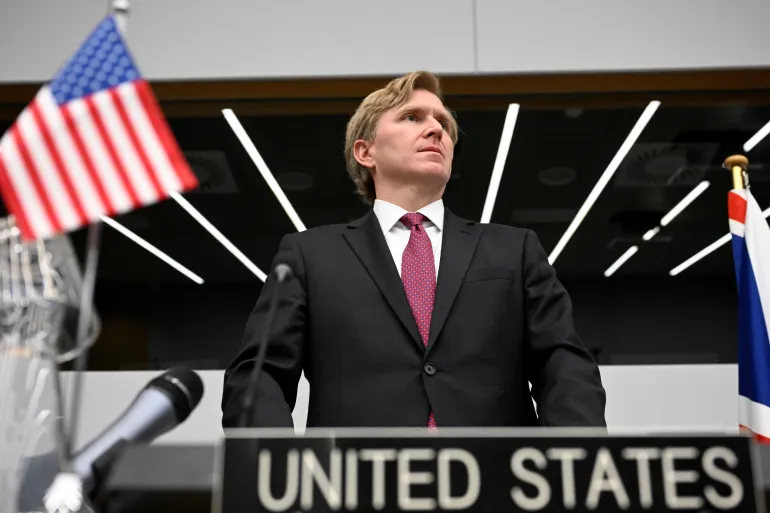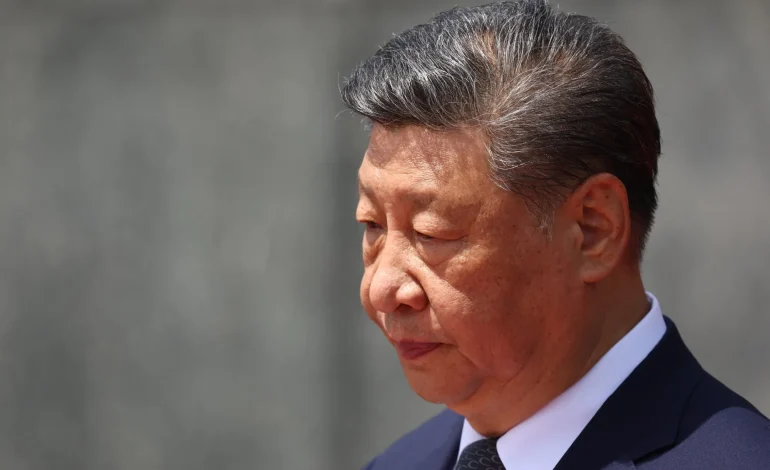China has reportedly laid out a series of preconditions before agreeing to resume trade negotiations with the United States, signaling a potential impasse in efforts to resolve the escalating trade war between the two economic powerhouses, Bloomberg reports.
According to a source familiar with the Chinese government’s thinking, Beijing is seeking a demonstration of increased respect from the Trump administration, including a curbing of disparaging remarks made by cabinet members. The source requested anonymity due to the sensitivity of the matter.
Other conditions include a more consistent US position on trade and a willingness to address China’s concerns regarding American sanctions and the status of Taiwan. Furthermore, Beijing desires the appointment of a US point person for the talks who enjoys the president’s full support and can help facilitate a deal that Presidents Trump and Xi Jinping can formally sign when they meet.
The outcome of this trade dispute holds significant implications for the global economy and financial markets. The imposition of tariffs of 145% on most Chinese goods by the US, followed by retaliatory measures from Beijing, threatens to severely disrupt trade between the world’s largest economies.
News of these conditions triggered a mild response in financial markets. The offshore yuan saw a gain of 0.2% against the dollar, and the Australian dollar, often seen as a proxy for China’s economy, rose by 0.5%. S&P 500 Index futures, which had previously been down by as much as 1.6%, partially recovered their losses.
China’s apparent reluctance to engage in immediate talks stems in part from strong domestic support for retaliation against the US tariffs. This public sentiment has empowered President Xi to resist Trump’s repeated calls for a phone conversation.
Despite both sides expressing openness to negotiations, a significant obstacle remains: Trump’s apparent insistence on immediate phone contact with Xi versus China’s desire for any such conversation to produce tangible results.
Even if both sides agree on the process, fundamental disagreements persist regarding the substance of a potential agreement. Trump’s specific demands remain unclear, and the high levels of tariffs on China would likely need to be maintained to achieve his objectives of balancing trade and attracting manufacturers to the US.
While both China and the US may desire reduced tariff rates due to domestic pressures, analysts like Michelle Lam of Societe Generale SA believe negotiations are “unlikely to lead to a meaningful de-escalation.”
The source familiar with Beijing’s thinking emphasizes that the most crucial precondition for any talks is assurance that such engagement will be conducted respectfully. While Trump’s public statements about Xi have been relatively conciliatory, other administration officials have taken a more hawkish stance, leading to uncertainty within the Chinese government about the US’s true position.
Beijing believes Trump has significant control over his administration. Therefore, any pointed statements made by US officials about China that are not disavowed by the president are assumed to be condoned by him.
While the source did not specify particular comments, Beijing recently expressed displeasure with Vice President JD Vance’s references to “Chinese peasants,” which a Chinese Foreign Ministry spokesman deemed “ignorant and disrespectful.”










The latest news in your social feeds
Subscribe to our social media platforms to stay tuned